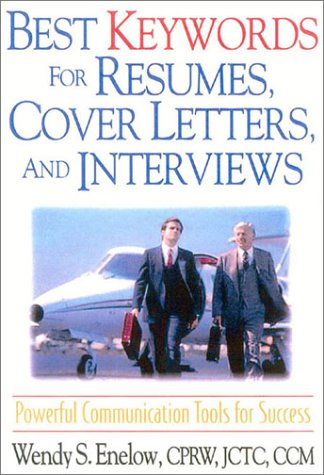We may earn a commission if you click on a product link and make a purchase at no additional cost to you. For more information, please see our disclosure policy.
Last Updated on March 29, 2025
If you’re reading this article, you’ve probably reached that time of your life when you need to start looking for another job. Even if the economy hasn’t fully recovered yet from the recession, it’s not the end of the world. To stand out, you need to get a little creative and stop using those clichés recruiters know by heart and probably avoid.
“Possesses motivational, leadership , and other impressive but common skills “
I’ve relied on this phrase in countless past applications, making it a cliché I had memorized. However, its overuse rendered it ineffective. Instead, consider alternative ways to convey your qualities or provide real-life examples of how you applied these
“Assisted with, served as”
Describing your tasks in a position may seem straightforward, but it’s not always the most effective approach. “Assistance” implies a secondary role, helping a supervisor or manager. Instead, be specific about your responsibilities and tasks – what you actually did and your precise contributions.
“Proven track record”
The phrase “proven track record” has lost its impact due to overuse. To stand out, bolster it with specific achievements, quantifiable results, and tangible examples of your
“Team player”
The term “team player” has lost its impact over the years. To make your resume stand out, opt for contemporary phrasing like “thriving in collaborative work environments” or highlighting your specific contributions to the
“Good communicator”
As with other phrases in our list, this one is too very vague and expresses very little. Do you talk a lot with your colleagues or do they understand what you say? To better convey your qualities, try to split them into more specific traits: multilingual communicator, familiar with programmer jargon, and so on.
“Successfully”
The word “Successfully” can be challenging to avoid, but it’s also essential. I often struggle to find the right adjective to enhance my phrases and tend to rely on it. However, “Successfully” doesn’t necessarily strengthen a description; it’s often implied by the context. If a task is on your resume, it’s assumed that you were successful at it. Therefore, it’s best to omit this word for a more concise and impactful resume.
“Extensive experience”
Discard the overused phrase “Extensive experience” and opt for a more impactful approach. Instead of vague language, specify the number of years you’ve dedicated to a particular field. Share concrete examples, accomplishments, and relevant statistics to showcase the depth and breadth of your expertise. By doing so, you not only eliminate a tired cliché but also provide potential employers with a clear and compelling picture of your qualifications, enhancing your resume‘s effectiveness.
Bonus Tips
- Spelling and Grammar Errors: Carefully proofread your resume to avoid embarrassing mistakes that can make a negative impression.
- Irrelevant Information: Focus on relevant
skills and experience; avoid cluttering your resume with unrelated details. - Too Long or Too Short: Aim for a concise, one-page resume or a maximum of two pages if you have extensive experience.
- Generic Resume: Tailor your resume for each
job application by highlightingskills and accomplishments that match the job requirements. - Poor Formatting: Use a clean, consistent format with readable fonts and bullet points for clarity.
- Unprofessional
Email : Use a professionalemail address; avoid using personal or inappropriate ones. - Missing Contact Information: Ensure your contact information is up-to-date and easy to find.
- Lack of Keywords: Include relevant keywords from the job description to increase your chances of passing through applicant tracking systems.
- Exaggerating or Lying: Be honest about your qualifications and experience; exaggerations or falsehoods can lead to trouble later.
- Neglecting Accomplishments: Highlight your achievements and impact in previous roles, not just your job duties.
Here's the first book to identify hundreds of keywords job seekers should incorporate at critical stages in their job search.
Related posts:
Joey Trebif is the pen name of Mark Fiebert, a former finance executive who hired and managed dozens of professionals during his 30-plus-year career. He now shares expert job search, resume, and career advice on CareerAlley.com.








